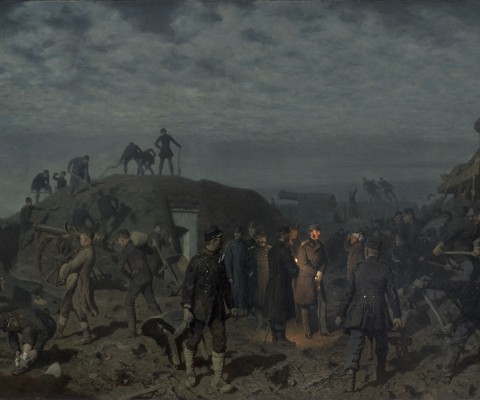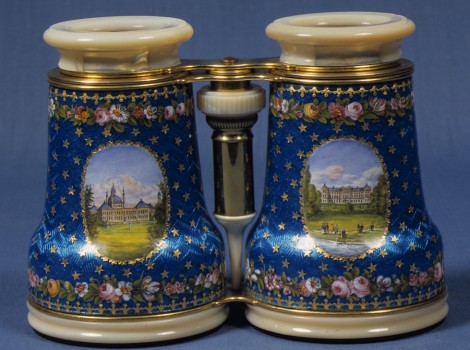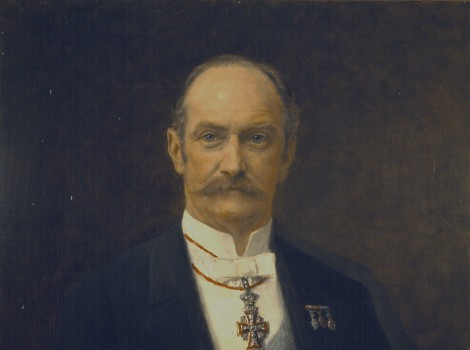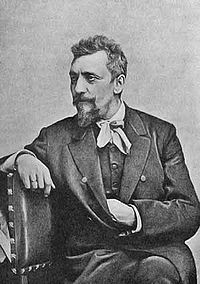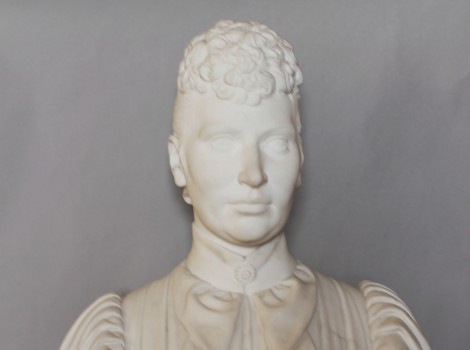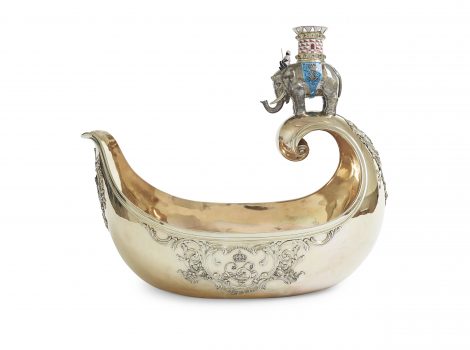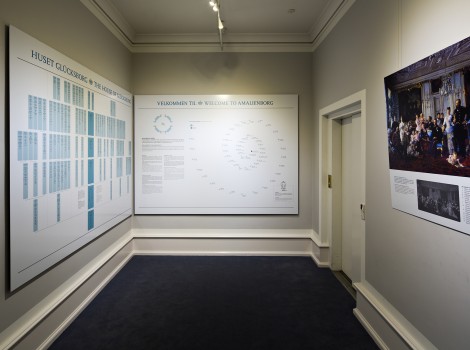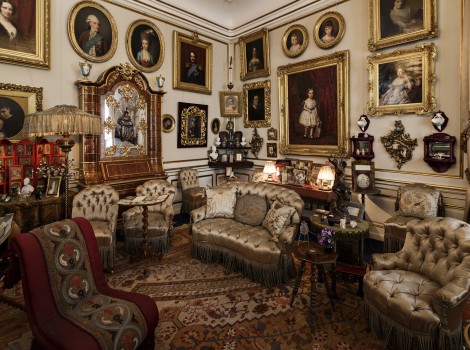1850-1875
The social and political revolts in Europe in 1848 had ushered in new times for European states, and for Denmark too. But even though the absolute monarchy was abolished with the Constitution of 1849, the monarchy was far from disengaged from power. In 1866 the so-called revised Constitution was passed, which was a democratic step backwards in favour of the Crown, the estate owners, and the wealthiest citizens. The most important event of the period was the war in 1864, which Denmark (more specifically the national liberal government) to a large degree provoked itself. The defeat to Prussia and Austria led to the loss of the duchies of Schleswig, Holstein, and Lauenburg, which was experienced as a national catastrophe. Denmark now had to come to terms with a negligible position, squeezed in amongst the commanding major powers and reduced to political neutrality.
With the death of Frederik VII in 1863 the House of Oldenburg lineage, which had been incumbent on the throne since 1448, died out. As a corollary of the First Schleswig War 1848-50 it was decided, following international agreement and a long elimination race, that the new heir to the throne would be Prince Christian of Glücksburg (Christian IX), who came from a cadet branch of the House of Oldenburg and founded the House of Glücksburg lineage of the Royal Family.
The art and cultural life of the period were marked by the national romantic tendencies which had in the first half of the century mainly been the norm for the elite, but now spread to the wider population.

 Dansk
Dansk
 English
English
 Deutsch
Deutsch

